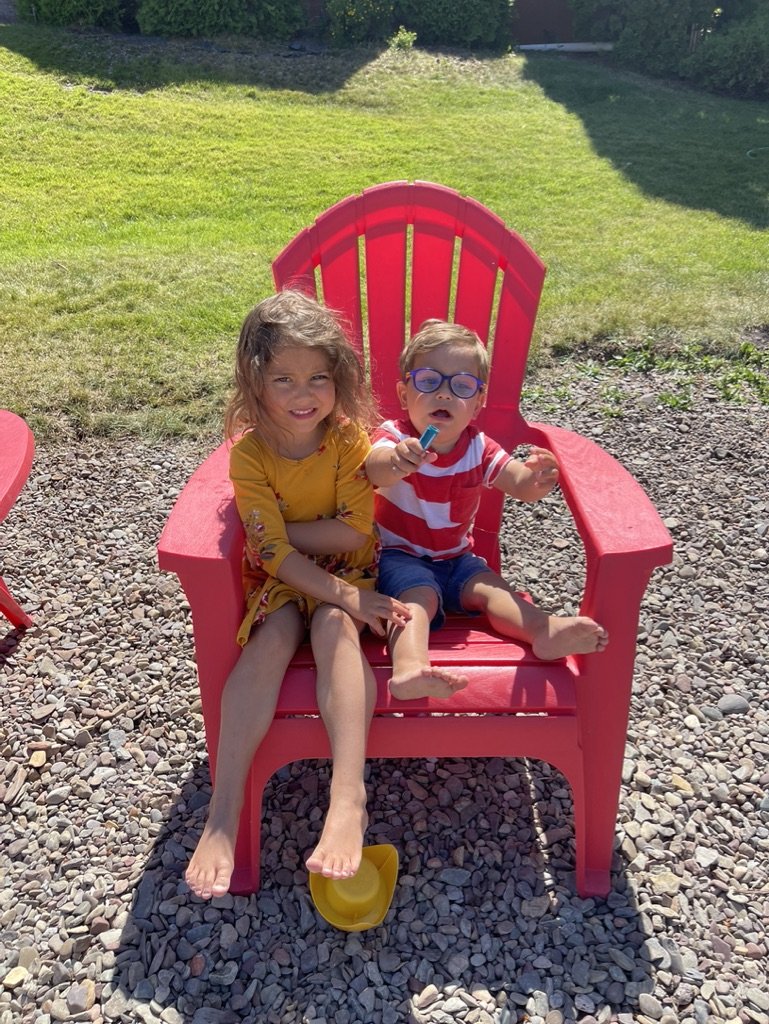About PKAN
Pantothenate kinase-associated neurodegeneration (PKAN) is a rare genetic condition that affects 1-3 in 1,000,000 children. (See Allison Gregory, MS, CGC and Susan J Hayflick, MD, Pantothenate Kinase-Associated Neurodegeneration, National Library of Medicine (updated Aug. 3, 2017), Allison Gregory, MS, https://www.ncbi.nlm.nih.gov/books/NBK1490/). The disease disrupts the cellular process of metabolizing the enzyme CoA.
PKAN can present in two ways, classic and atypical.
Classic PKAN is characterized by early-childhood onset of progressive dystonia, parkinsonism, and brain iron accumulation with children bound to a wheelchair and placed on a feeding tube at the end of life. It is terminal and children with classic PKAN typically do not survive past age 10. Atypical PKAN has a later onset, often around adolescence. Atypical PKAN has a more gradual progression and children have longer life expectancies.
Resources
PKAN is just one of several neurodegeneration with brain iron accumulation (NBIA) diseases. More information on these disorders and where we are in the process of finding a cure can be found at the following links:

Our Journey

Support Loic’s Family

